A Tsunami Footprints On A Cave In Aceh Happen 7500 Years Ago
A natural cave discovered near the source of the 2004 Boxing Day tsunami contains the footprints of past gigantic waves dating up to 7,500 years ago.
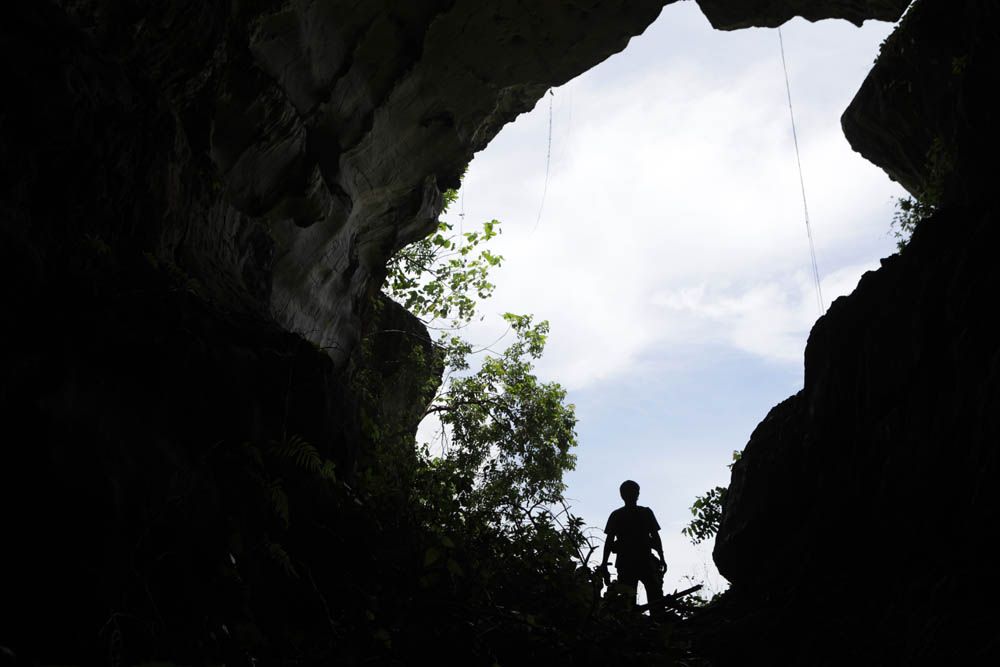
Experts say that the Indonesian cave, which is close to where the earthquake hit, could help them predict when the next tsunami is likely to occur.
And according to the research, the next disaster could be centuries, if not decades away.
The findings provide the longest and most detailed timeline for tsunamis that have taken place off the far western tip of Sumatra island in Aceh province.
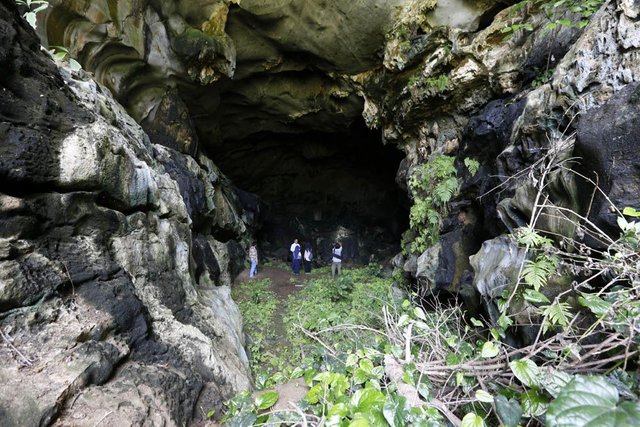
The limestone cave, located within a couple hundred yards of the coast near Banda Aceh, is about three feet above knee-high tide and protected from storms and wind.

Only huge waves that inundate the coastal area are able to gush inside.
The last one occurred about 2,800 years ago, but there were four others in the 500 years before that.
And it is possible there were others. Researchers know, for instance, that there were two mammoth earthquakes in the region around 1393 and 1450.

A big tsunami could have carried away evidence of other events through erosion. The scientists are still working to determine the size of the waves that entered the cave.
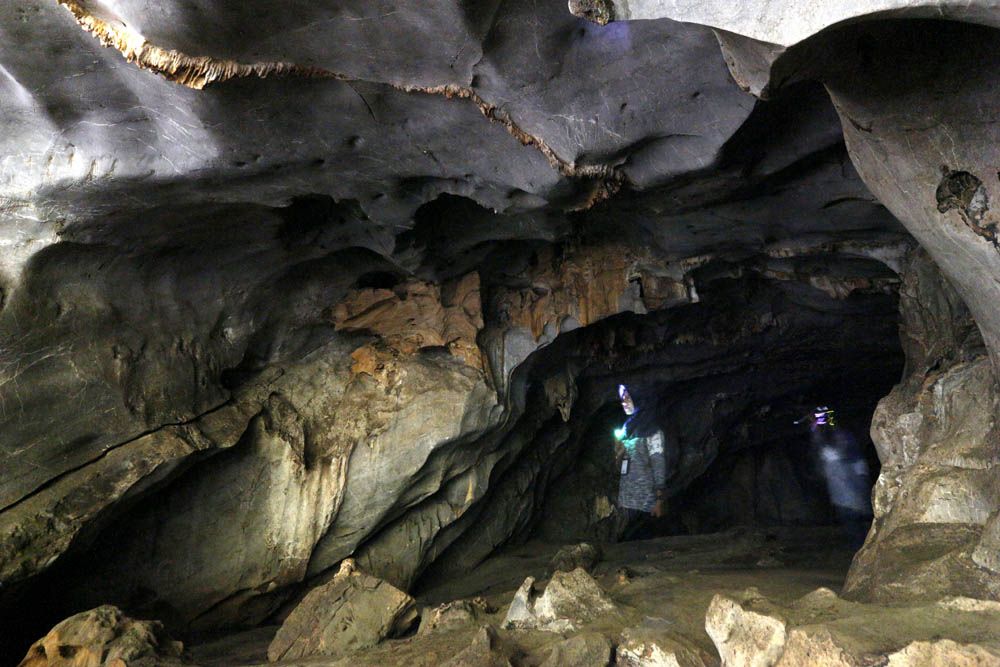
'The take-home message is perhaps that the 2004 event doesn't mean it won't happen for another 500 years.
The quake that triggered the 2004 tsunami surprised scientists because the fault that unleashed the megathrust temblor had been quiet for hundreds of years.
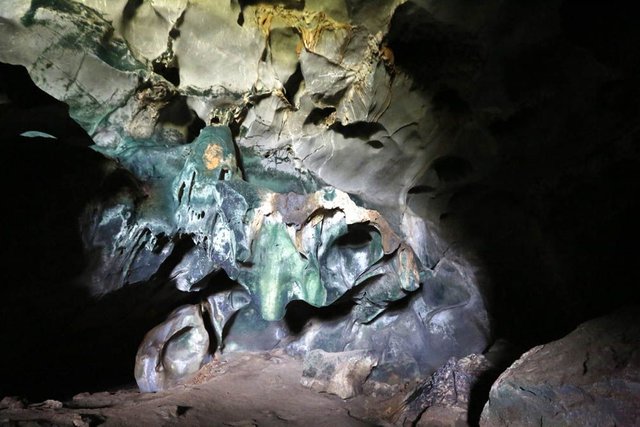
And since the last big earthquake had struck more than 500 years earlier, there was no surviving oral history that could have helped people understand the risk.

Since 2004, much research has been done to try to learn about the area's past by examining sand deposits, uplifted coral and GPS data.
The record indicates that 11 tsunamis were generated during that period by earthquakes along the Sunda Megathrust, the 3,300-mile-long fault running from Myanmar to Sumatra in the Indian Ocean.
The researchers found there were two tsunami-free millennia during the 5,000 years, and one century in which four tsunamis struck the coast. In general, the scientists report, smaller tsunamis occur relatively close together, followed by long dormant periods, followed by great quakes and tsunamis, such as the one that struck in 2004.
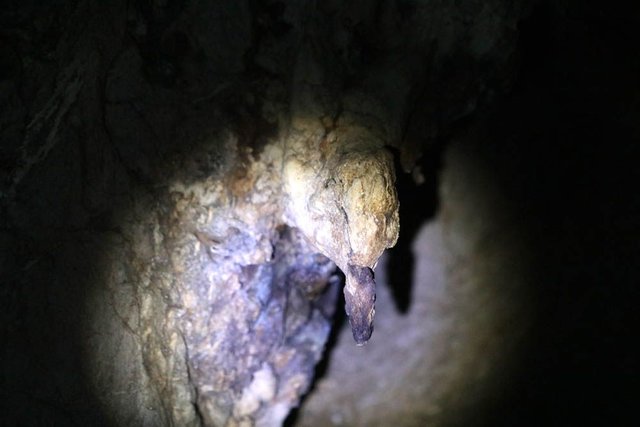
Photo By: Hotli Simanjuntak
Wow amazing foto brother @hotlisimanjuntak
Thanks
vote please